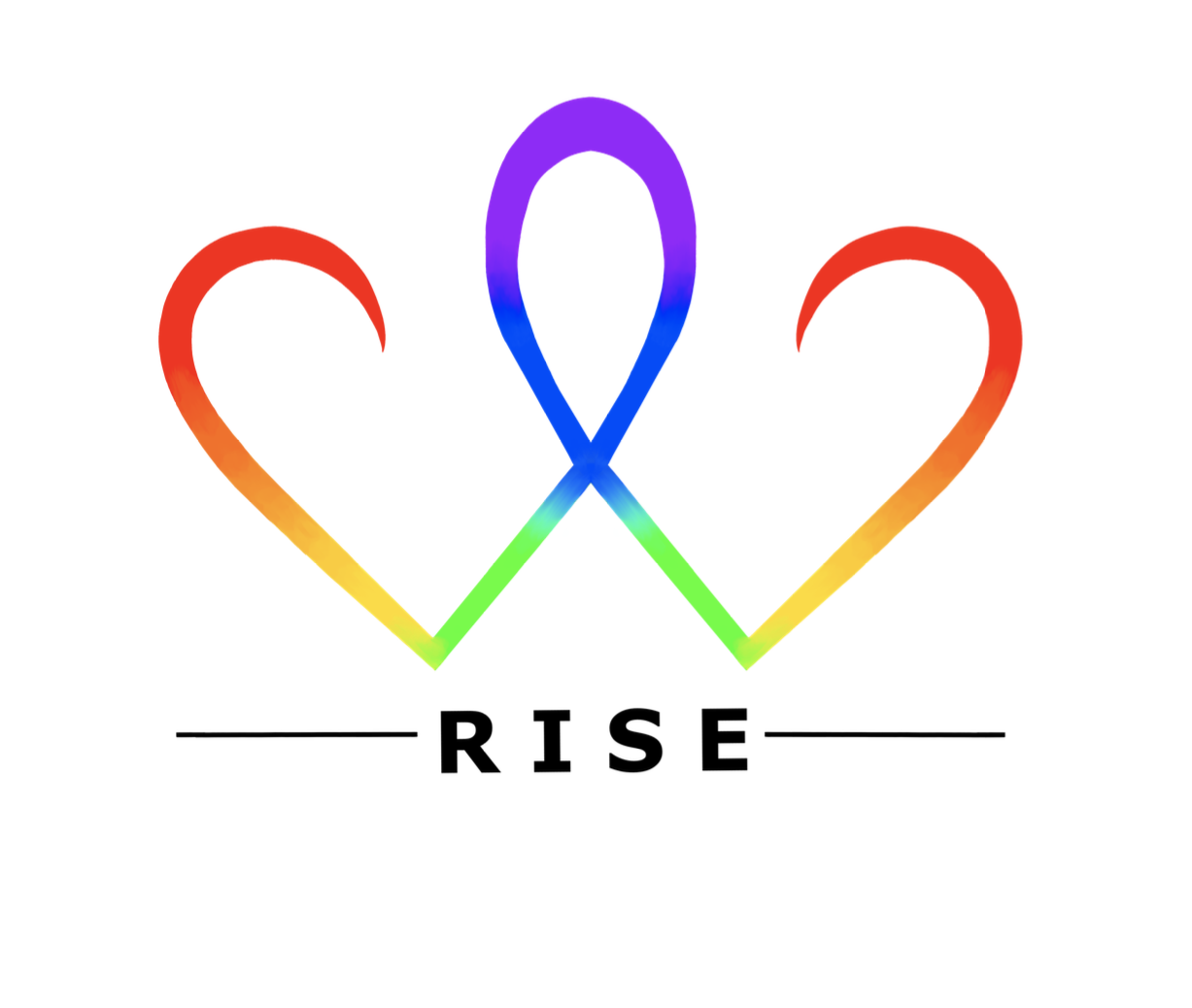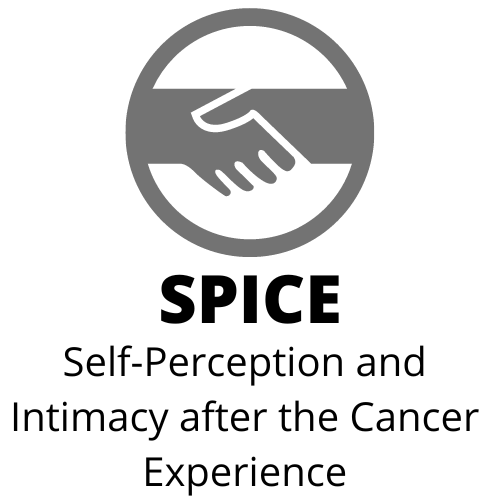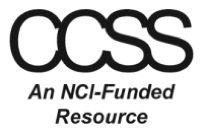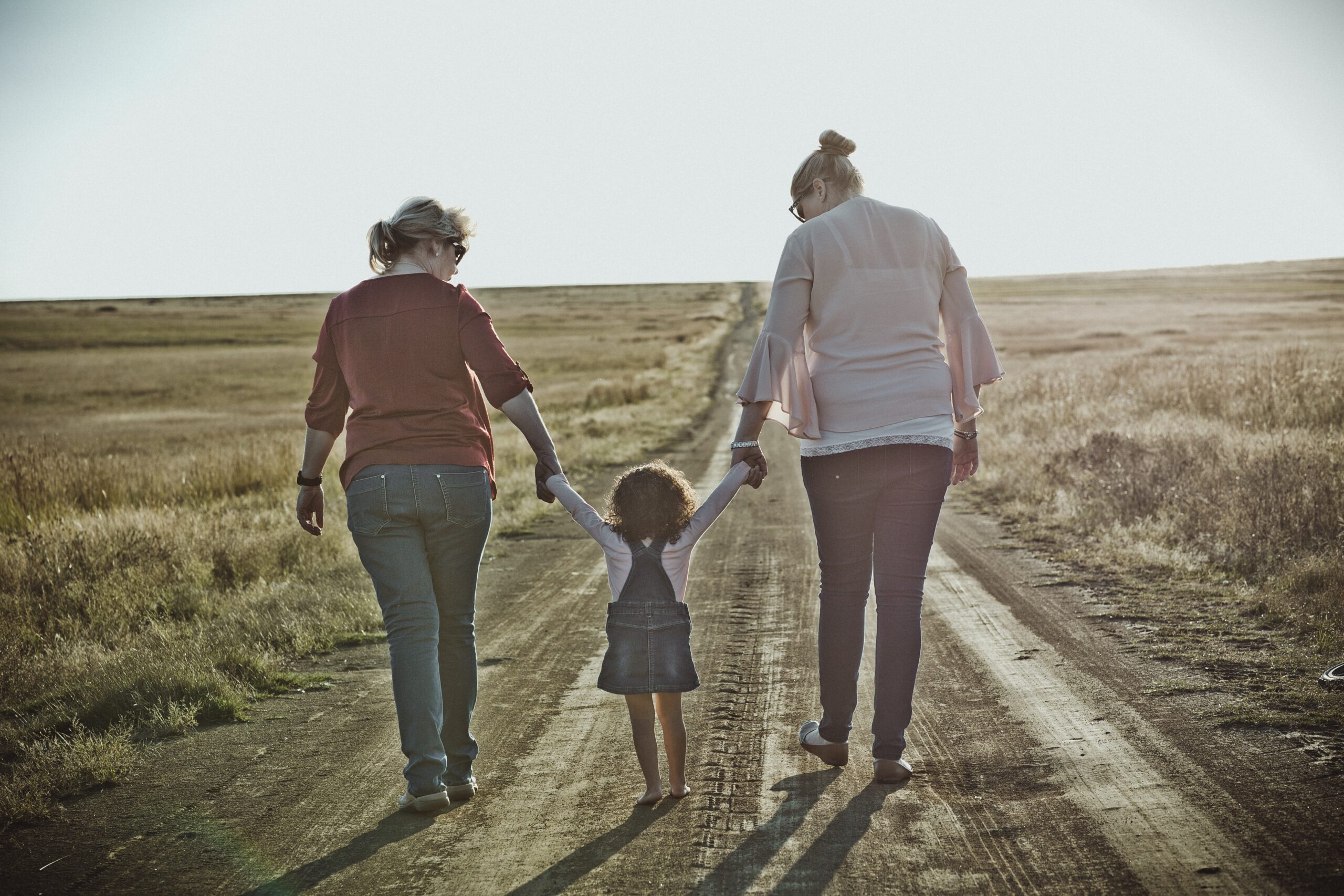FUNDED BY National Cancer Institute (1R37CA282148)
Testing the Efficacy of a Decision Aid and Planning Tool for Family Building After Cancer
This project will test the efficacy of the Roadmap to Parenthood software, an interactive web-based decision aid and planning tool for family building after cancer for young adult female survivors (18-45 years old; assigned female at birth) who completed gonadotoxic cancer treatment.
Role: Co-Investigator
FUNDED BY National Cancer Institute (NCI 2U54CA221704)
TUFCCCC/HC Regional Comprehensive Cancer Health Disparities Partnership
This is a partnership between Temple University/Fox Chase cancer Center and Hunter College and is designed to promote inclusive excellence and break systemic barriers to close gaps in cancer health disparities research, education, community outreach and engagement, and achieve infrastructure capacity building.
Role: Multiple Principal Investigator
FUNDED BY National Institues of Health (NIGMS) T34-GM149429
MARC Program at Hunter College, CUNY
This project is designed to increase the number of underrepresented minorities completing PhDs in the biomedical sciences by providing academic and professional support for undergraduate students.
Role: Multiple Principal Investigator

FUNDED BY National Institutes of Health (NIH) U54 CA221704(5)
Relationships, Intimacy, & Self-Esteem among Sexual and Gender Minority Cancer Survivors (RISE-SGM)
The aim of this study is to understand and examine the interrelationships between sexual functioning, sexual relationships, sexual self-concept, and self-esteem among young adult sexual and gender minority (SGM) cancer survivors.
Role: PI - Megan Wirtz; Mentor - Jennifer Ford, PhD

FUNDED BY National Cancer Institute (K07 CA 229186)
Family-Building After Cancer: Preferences, Decisions, and Planning for Young Female Survivors
This study is focused on developing an interactive, web-based decision aid and planning tool for young adult female cancer survivors preparing for future family-building after treatment.
Role: Faculty Mentor

FUNDED BY National Cancer Institute (R01 CA255269)
Activating cancer Survivors to Increase ColoREctal cancer Screening (ASPIRES)
ASPIRES utilizes mobile and web-technology aimed at increasing colon cancer screening rates among adult survivors of childhood cancers.
Role: Investigator

FUNDED BY PSC CUNY
Self-Perception and Intimacy after the Cancer Experience (SPICE)
The aim of this study to explore the foundational elements of sexual self-concept, including sexual health knowledge, interpersonal relationships, and body image, and investigate whether there are any other elements that affect the perception of specifically AYA self-esteem (e.g., sexual functioning).
Role: PI - Megan Wirtz, BA; Mentor - Dr. Jennifer Ford

FUNDED BY National Cancer Institute (1R25CA260125-01A1)
STANDOUT in Behavioral Cancer Prevention and Control Research: Summer Training Accelerating and Nurturing the Development of Outstanding Undergraduate Trainees
The proposed training program will give outstanding undergraduate students immersive exposure to rigorous behavioral cancer prevention and control summer research and career development experiences, yielding a pool of highly advanced candidates uniquely prepared for graduate training and impactful employment in the future workforce.
Role: Multiple Principal Investigator (with Dr. Joel Erblich)

FUNDED BY National Cancer Institute (1R01CA134722-06A1)
EMPOWER study: Promoting BC screening in Women Who Survived Childhood Cancer
Randomized controlled trial utilizing mobile and web-technology aimed at increasing breast cancer screening rates among women who were treated for a pediatric cancer with chest radiation.
Role: Multiple-Principal Investigator

FUNDED BY National Cancer Institute (U24 CA55727)
Childhood Cancer Survivor Study (CCSS)
Initiated in 1994, the CCSS is the largest cohort study of cancer survivors in North America and has contributed to much of our understanding of the long-term health outcomes of childhood cancer survivors.
Role: Investigator (Principal Investigator: Greg Armstrong, M.D.) Cancer Control Working Group

FUNDED BY National Cancer Institute (R03 CA212924-01)
Developing a Decision Aid for Adolescent and Young Adult Female Cancer Survivors Considering Future Family-Building After Treatment
Study to develop a decision aid focused on young adult survivors’ family-building through assisted reproductive technology or adoption and how financial pressures may influence the process.
Role: Faculty Mentor (Principal Investigator: Catherine Benedict, Ph.D.)

